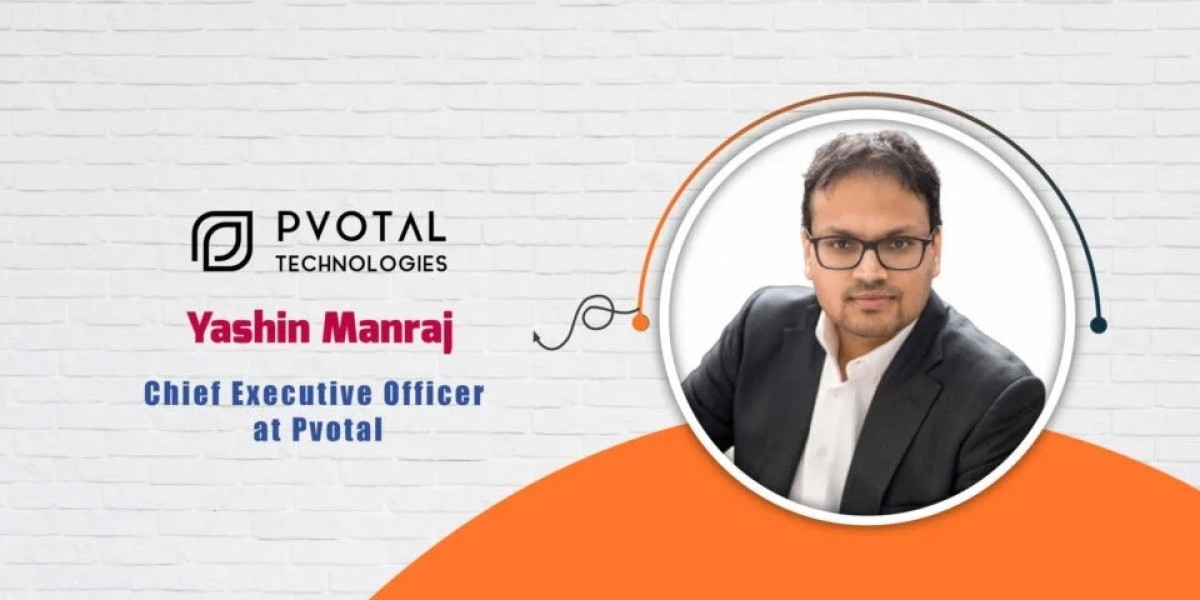Yashin, to kick things off, could you share what inspired you to transition from a career in academia and engineering to founding Pvotal Technologies?
Growing up, I thought a lack of proper education was the root of many societal issues and inefficiencies.
Idealistically, I entered academia thinking I could become a professor who would nurture the issues leading to a wavering generation of talent, innovation, and development. Unfortunately, I quickly realized how some processes were limiting, stifling, and stuck in an antiquated age.
I could not build or address problems I saw in my niche field due to software issues, data breaches, the high cost of licensing fees for some critical tools, and the poor integration of tools. These issues led me to lose thousands of hours in frustration fixing technical problems rather than focusing on my growth, thesis, and research. The tools I used became a greater source of frustration than my research, constantly distracting me from my objectives.
My skills and resolve were too limited to reform academia from within, so I decided to focus on the issues within the software industry to limit the problems that more talented academics faced. I co-founded Pvotal with Ashley to build a new generation of solutions that helped customers focus on the value they bring to customers rather than get stuck in an iterative cycle of integrating code and debugging updates.
Pvotal emphasizes creating “Infinite Enterprises.” Could you explain what this concept entails and how it aligns with your overall mission?
While many industries have adopted different interpretations of the ideal Infinite Enterprise, we believe the “infinite enterprise” is any company that has achieved an infinitely scalable, independent, resilient, and secure infrastructure. Once these criteria are met, we observed that it allows businesses to truly innovate, improve, and elevate their value proposition to customers.
The age-old adage of teens or some fresh graduates going into “founder mode” can build the next generation of software in their proverbial garage, shared workspace, or dorm room is simply no longer possible.
The rise of hyperspecialization, wanton integration of third-party code or vendors, and the unmanaged accumulation of technical debt has led most software companies to become antiquated, vulnerable, and overbloated pieces of code that can no longer efficiently protect their customers’ data, provide a competitive edge to their users, and have a reasonable cost/utilization footprint.
Most modern enterprise software has at least 17 paid or free SaaS, PaaS, and third-party code powering its operation or development. With a tough economy, inflation, and squeezed supply chains, these different services are forced to raise prices continually, thus shifting the burden on the end consumer. In addition to the increasing costs, these software are often abandoned or introduce vulnerabilities to the enterprise supply chains, which is why we have experienced a record-breaking number of successful cyberattacks, ransomware, and fraud every year for the past decade.
To Know More, Read Full Interview @ https://ai-techpark.com/aitech-interview-with-yashin-manraj/
Related Articles -
Evolution of Lakehouse Architecture
Top Five Open-Source Database Management Software
Trending Category - IOT Smart Cloud



